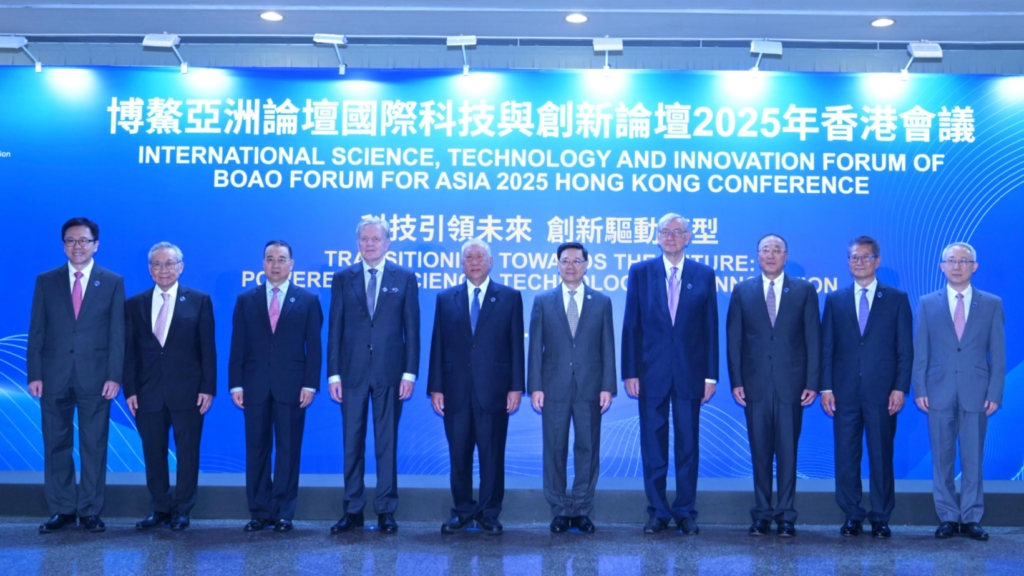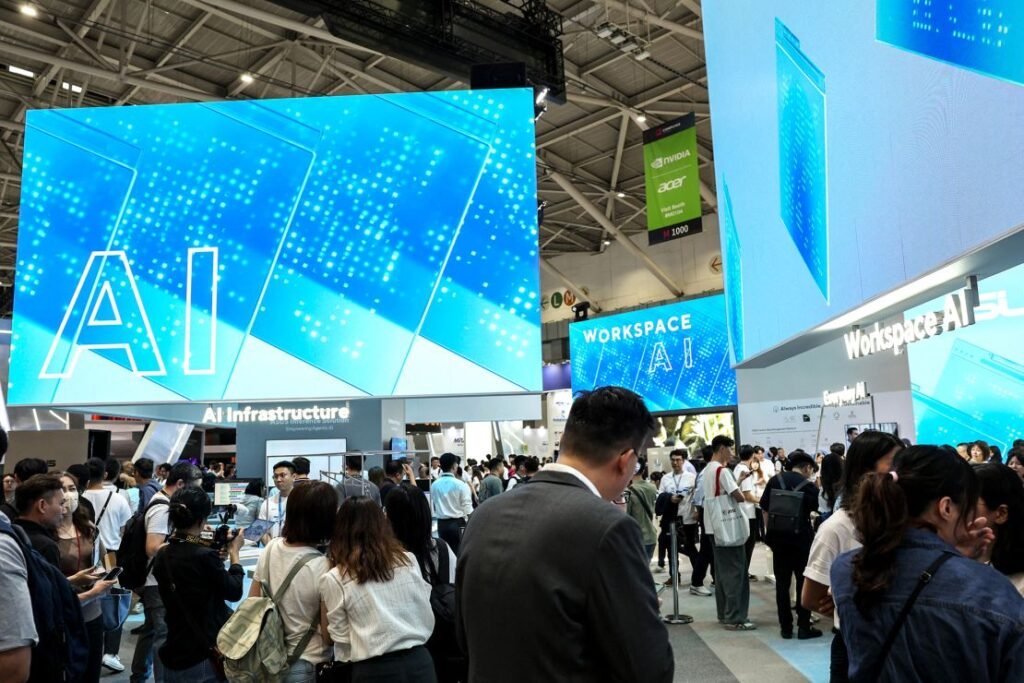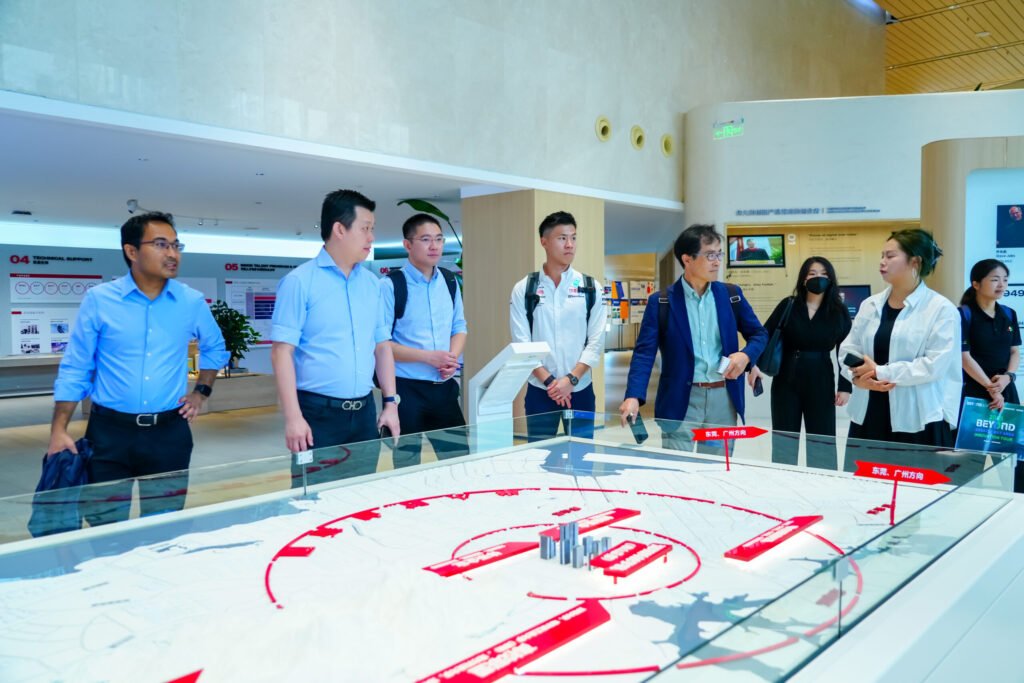The announcement comes at a time when Indian automakers are facing worsening shortages of rare earth magnets, critical components for electric vehicles (EVs) and other high-tech industries. According to Bloomberg, Beijing has turned down at least two recent applications for India-bound shipments of rare earth magnets, raising fears of an imminent disruption in Indian automobile production.
Industry and government officials told Bloomberg that while shipments to the German and U.S. units of a global firm were cleared, the same request to its Indian arm was rejected. Since April 4—when China began enforcing tighter curbs on exports of seven rare earth elements—supplies to Indian auto parts manufacturers have been stuck at Chinese ports.
These new controls require importers to certify that the magnets will not be used for defense purposes or re-exported to the U.S. The new end-user certification process can take at least 45 days and is now facing a global backlog.
As per the Bloomberg report, at least 30 Indian applications endorsed by the Indian government are still awaiting Chinese approval, while over 10 applications from other countries have reportedly been cleared. According to a May 28 presentation by the Society of Indian Automobile Manufacturers (SIAM), no Indian applications have received final approval from China’s commerce ministry despite many having secured embassy endorsements.

Live Events
“Even if one magnetised part is missing, the vehicle cannot be built,” SIAM warned in the presentation, adding that some Indian firms may consider shifting operations to China if the supply crunch continues. The squeeze has heightened concern among Indian automakers. “The rare earth situation is a very difficult one,” Bajaj Auto’s Executive Director Rakesh Sharma told analysts. “Supplies and stocks are getting depleted as we speak, and if there’s no relief in shipments, production will be seriously impaired in July.”To address the growing crisis, a delegation of Indian businesses is planning to visit Chinese counterparts this month with help from the Indian Embassy in Beijing. The embassy has reached out to China’s commerce ministry, seeking expedited clearance of pending applications.
A meeting was recently held at the Indian Prime Minister’s Office to discuss options for resolving the impasse. Indian officials have advised manufacturers to explore alternative supply chains and consider local refining capacities—though such solutions are long-term in nature.
Meanwhile, the Indian government is also encouraging firms to explore ferrite magnets or magnet-free designs, though these come with compromises in cost and performance. As a result, some companies are considering stop-gap measures such as importing motors or shifting production to fossil-fuel-powered vehicles.
With inputs from agencies








